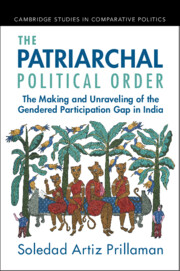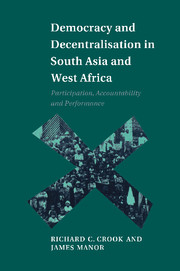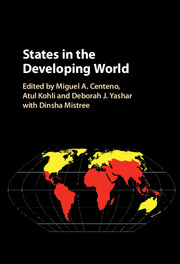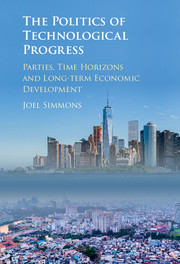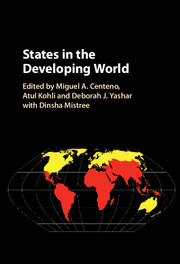The Patriarchal Political Order
Women across the Global South, and particularly in India, turn out to vote on election days but are noticeably absent from politics year-round. Why? In The Patriarchal Political Order, Soledad Artiz Prillaman combines descriptive and causal analysis of qualitative and quantitative data from more than 9,000 women and men in India to expose how coercive power structures diminish political participation for women. Prillaman unpacks how dominant men, imbued with authority from patriarchal institutions and norms, benefit from institutionalizing the household as a unitary political actor. Women vote because it serves the interests of men but stay out of politics more generally because it threatens male authority. Yet, when women come together collectively to demand access to political spaces, they become a formidable foe to the patriarchal political order. Eye-opening and inspiring, this book serves to deepen our understanding of what it means to create an inclusive democracy for all.
- Introduces a political economy theory of women's political behavior that accounts for coercion against women
- Centers a model for women's political behavior rooted in the global South
- Interweaves qualitative and quantitative data from over 9,000 women and men in India and descriptive and causal analysis
Reviews & endorsements
‘Women across much of the world increasingly turn out to vote at rates equaling men. Yet beneath this rosy headline lurks a darker reality: gender gaps in political participation remain pronounced between the vote. Prillaman skillfully unpacks this fascinating puzzle using an impressive array of multi-method evidence from India to show how men maintain patriarchal political orders. Just as skillfully, she also unearths how women can form solidary ties to combat their political exclusion. A deeply impressive, and in many respects pioneering, book that should be read by anyone interested in political behavior, collective action, gender and politics, and the politics of contemporary rural India.’ Tariq Thachil, Professor of Political Science, Center for the Advanced Study of India, University of Pennsylvania
‘Soledad Prillaman explores a surprising outcome: programs designed to bring women together to increase credit have the additional benefit of increasing women’s networks and political participation substantially, arguably with greater ground-level effects than for some more targeted inclusion programs. She expertly shows how and why this matters, for women in India, and for more inclusive political and development outcomes around the world.’ Steven Wilkinson, Nilekani Professor of India and South Asian Studies, Professor of Political Science and International Affairs, Yale University
Product details
December 2023Paperback
9781009355803
320 pages
230 × 150 × 25 mm
0.615kg
Available
Table of Contents
- Part I. The Puzzle of Women's Political Participation:
- 1. Introduction
- 2. Patriarchy, inequality, and the political lives of rural Indian women
- 3. A relational theory of women's political participation
- Part II. The Patriarchal Political Order:
- 4. The patriarchal political household
- 5. Political behavior under household cooperation
- 6. The patriarchal political order – networks and the nature of political organization
- Part III. The Unravelling
- 7. The power of autonomy from the household and women's collective action
- 8. Consciousness-raising as the ignition for collective action
- Part IV. Consequences of Inclusion:
- 9. Women's mobilization across India and its portents
- 10. Conclusion: political inclusion as a path to social change.

